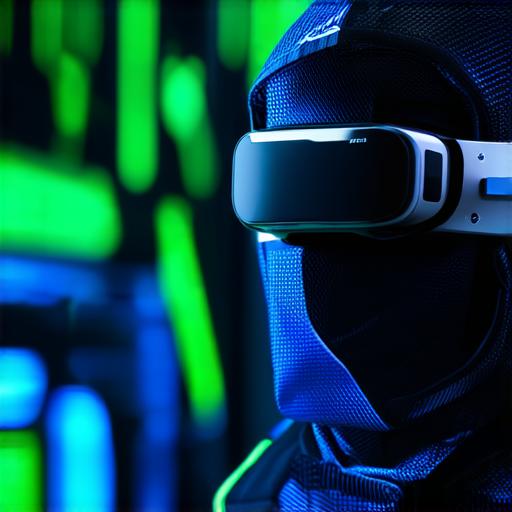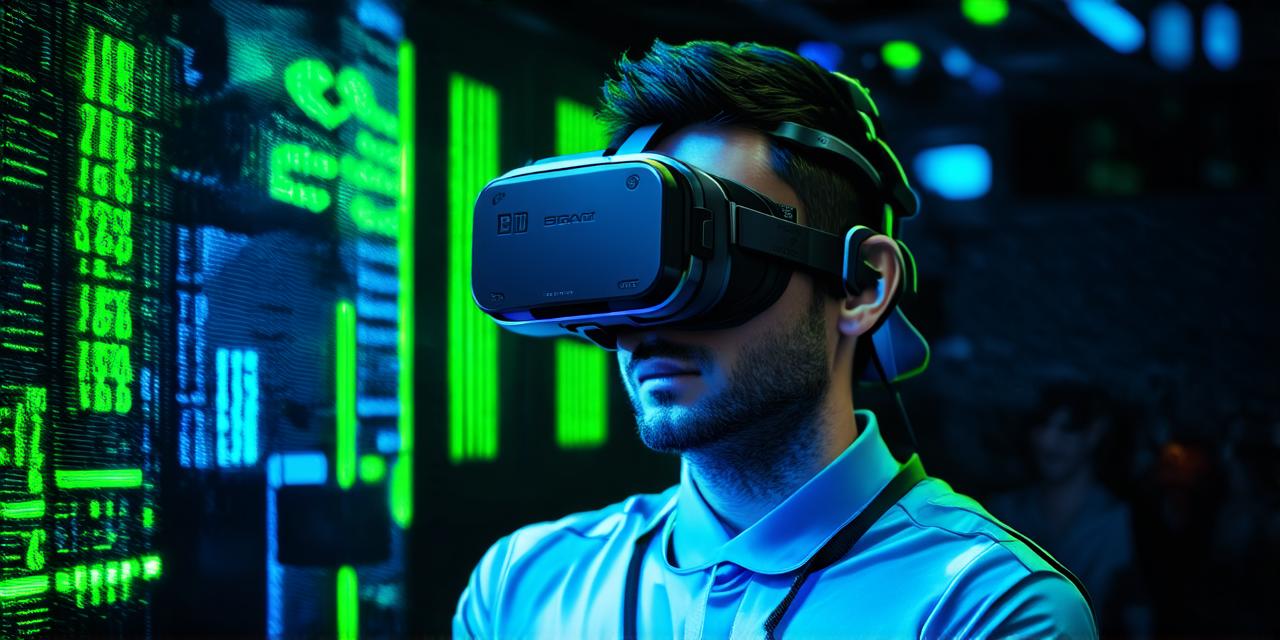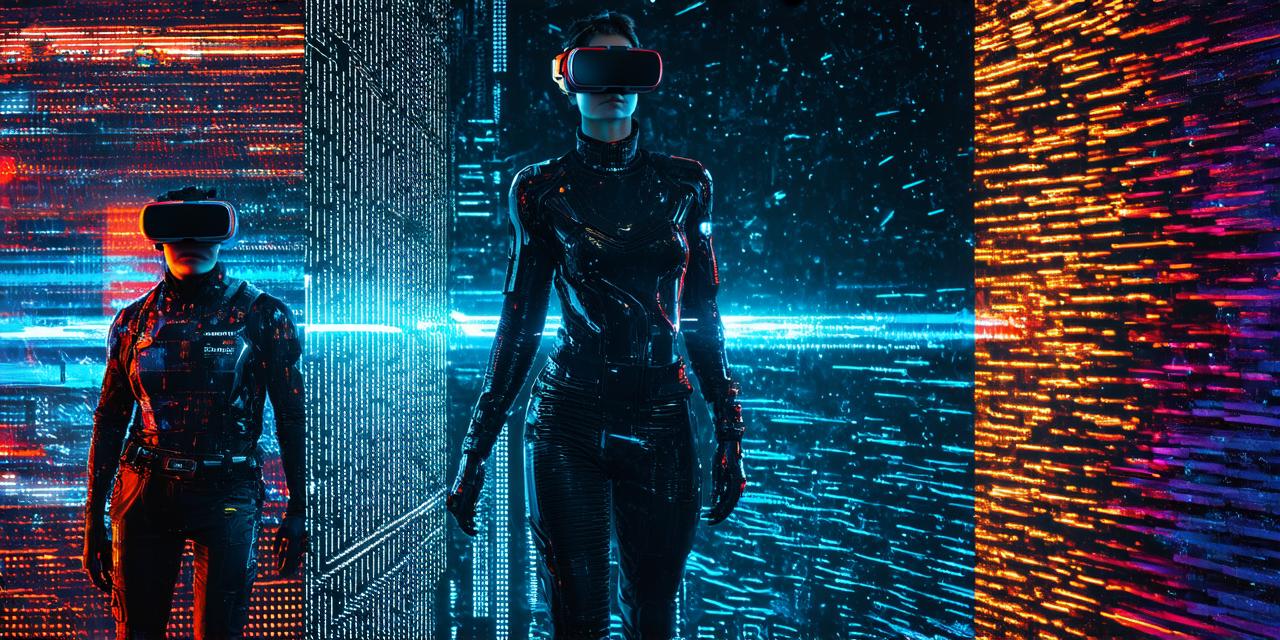Title: Where Will Virtual Reality (VR) Be Most Widely Used by Humans? A Comprehensive Look into the Future of VR Applications
Introduction
Virtual Reality (VR), a technology that immerses users in simulated environments, has been rapidly evolving over the past few years. As we move forward, experts predict that VR will become an integral part of our daily lives, transforming various sectors and industries. This article aims to shed light on where VR is expected to be most widely used by humans in the near future.
Healthcare
Revolutionizing Medical Training
One of the most promising areas for VR is medical training. By creating realistic simulations of surgical procedures, doctors can practice and hone their skills without risking patient lives. This not only improves the quality of care but also reduces costs associated with medical errors.
Telemedicine and Remote Patient Care

VR technology will enable remote patient consultations, allowing healthcare professionals to examine patients virtually. This could revolutionize telemedicine, making it more accessible and efficient for both patients and doctors.
Entertainment
Gaming and Virtual Worlds
The gaming industry has already embraced VR, with popular titles like Beat Saber and Half-Life: Alyx. As the technology matures, we can expect more immersive and interactive gaming experiences that blur the line between reality and fantasy.
Cinema and Storytelling
VR offers a unique opportunity for storytellers to create immersive narratives that engage viewers on a deeper level. With VR cinema, audiences will no longer be passive observers but active participants in the story.
Education
Immersive Learning Experiences
VR can provide students with interactive and engaging learning experiences, making education more enjoyable and effective. By simulating real-world scenarios, students can learn complex concepts more easily and retain information better.
Virtual Field Trips
With VR, students can take virtual field trips to museums, historical sites, or even outer space without leaving their classrooms. This can broaden their horizons and provide opportunities for experiential learning that were previously unavailable.
Real Estate
Virtual Property Tours
VR technology allows potential homebuyers to tour properties virtually, saving time and resources. This can also help people make informed decisions about their purchases by providing a more accurate representation of the property.
Architectural Design
Architects can use VR to create realistic simulations of their designs, allowing them to visualize and test their ideas before construction begins. This can lead to more efficient and effective design processes.
Conclusion
Virtual Reality is poised to transform numerous sectors, from healthcare and education to entertainment and real estate. As the technology continues to evolve, we can expect it to become an integral part of our daily lives, offering new opportunities for learning, entertainment, and communication. The future of VR is exciting, and we look forward to seeing how it will shape our world.



